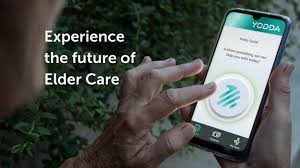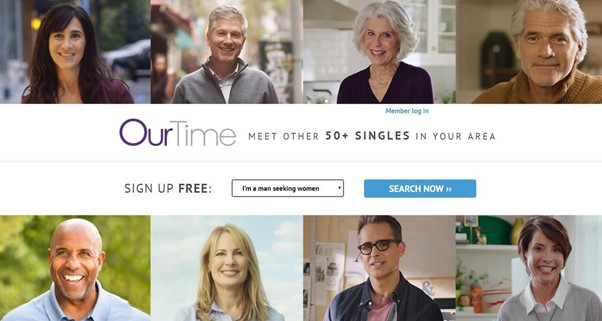Blog
Trends in health and wellbeing
Why aging isn’t what it used to be.


Nathan Hester
30 March 2023
3 min read
More people than ever are entering old age…but they’re doing it differently. Health and wellness brands need to understand new ways to serve, support and speak to the new seniors.
Sapan Amin, Haleon’s Director of US Business Intelligence observed that ‘The emerging generation of seniors is bigger and more diverse in their physical and emotional needs, as well as their attitudes and expectations than ever before. Healthcare brands will need to break away from a one-dimensional view of aging to serve them, and technology will be crucial in facilitating this.’In many western societies, the arrival of the Baby Boomer generation into their 70s and 80s heralds a demographic shift where the elderly out-number the young. This presents obvious healthcare challenges in terms of health and care systems creaking under the weight of the added demand. And this shift also drives increasing numbers of Gen Xers to take on the role of caregivers for elderly parents – placing significant physical, emotional and financial strain on this group.
The illness in loneliness
Added to this is the associated challenge of loneliness as members of the vast Baby Boomer generation find themselves widowed and living alone – as observed in the ‘Social Health’ trend shared in our recent ‘What Matters’ report. A growing body of evidence highlights that loneliness has a negative impact on physical (e.g. cardiac) and cognitive health (e.g. dementia), as well as causing obvious emotional damage.
Today’s seniors are leaning on tech both to enhance their livesand to stave off the life-limiting effects of aging. Robot companions such as Labrador System’s ‘Retriever’ responds to app and voice commands to ferry items around the home for the less mobile. Replika is a vitual ‘friend’ which uses AI to offer patient, friendly connection to those suffering from loneliness. And the Yodda app both connects elderly people with local caregivers and offers online self-care advice.

Age is just a number
But this gloomy outlook on aging is contrasted by Baby Boomers’ changing attitudes towards and expectations of aging – this links to our ‘Free From Assumptions’ trend which highlights the growing desire of many (including older people) to break away from traditional labels. As with generations before, there is a real desire to avoid the physical signs of aging, and now an array of supplements and creams promise to enable this more effectively than ever before.
As a generation who have been more used to prosperity and social freedoms than their parents, Baby Boomers are also more determined to hold on to their lifestyle into retirement and this requires them to stay in good health for as long as possible – both physically and cognitively.
Crucially, today’s elderly are tech savvy – they’ve enthusiastically adopted smart-phones, harnessing the online world to build connections, including via dating apps for older singles (e.g. OurTime) and communities such as Life Time’s ARORA programme which connects seniors with fitness groups in their area. They also engage digitally to express themselves – sharing content via social media voraciously, as evidenced by the rise of ‘Granfluencers’ who aim to challenge stereotypes about aging.

Over the next few years, healthcare brands are likely to encounter opportunities and challenges around filling gaps left by under-pressure health and care systems. Key to this will be providing easy access to services and support to enable continued independence for those in declining health in old age – and digital will be a vital channel. Meanwhile, the tone and message of comms will need to be refined to reflect a generation of elderly who still want to play an active, positive role in society. And of course, this needs to be paired with products which enable and promote this vision of aging.
More on the trends that are defining people and brands in 2023? Download your free copy of the 2023 What Matters Report.
What Matters 2023
Feel inspired?
Get your free copy of our 2023 Trend Report